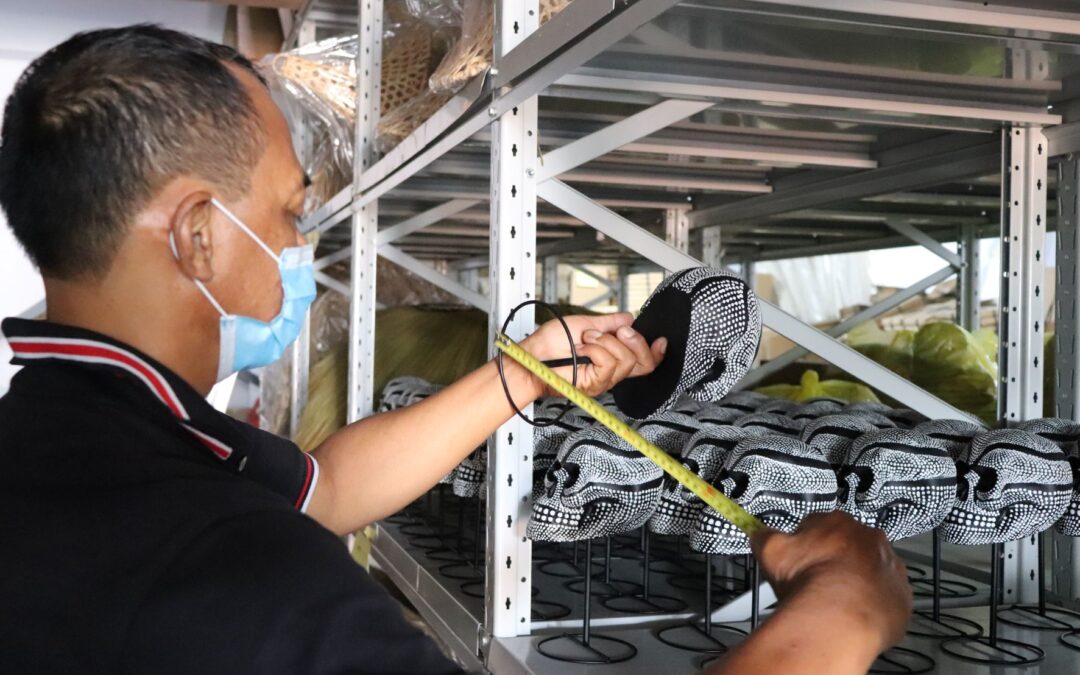One thing that all factories in Indonesia, no matter how big or small have in common, is that issues can arise at any time and disrupt the end product. A disorderly factory is more likely to have problems. But it doesn’t mean a well-organized factory is free from failures and poor product quality.
Because problems may arise at nearly any point in the manufacturing process, you may be wondering where are the root problem of it as it is important to avoid the same problem in the next order. To solve this problem, conducting a during-production inspection at any point in the manufacturing process can be your solution. However, production monitoring, or having an inspector visit the factory regularly, provides a more complete picture of what’s going on not just in one location, but throughout the factory. Indeed, many importers who have continued to have a variety of quality issues at a single factory frequently insist on production monitoring to assist in resolving them.
Here are three reasons to conduct production monitoring:
1. PRODUCTION MONITORING OFFERS A WIDE VIEW OF THE MANUFACTURING PROCESS
One of the primary advantages of production monitoring is that it provides a complete view of all manufacturing processes in operation in the factory. It is usually a mix of all three types of product inspection:
- Early product inspection at the start of production, giving insight into the status and quality of parts and materials used;
- During production inspection looking at a product as it’s moving through manufacturing stages; and
- Final inspection, checking a product when most units are already finished
Most importers think that inspecting a certain stage of production is enough, however, rather than providing a limited perspective of the production in one stage, production monitoring gives you the report of the entire manufacturing process. This can be advantageous in a variety of ways, including showing how the workers work on your order.
2. PRODUCTION MONITORING HELPS PREVENT SHIPPING DELAYS
Production and shipping delays are the two most common frustrating things for importers when working with suppliers in Indonesia. The main reason for this issue is that there is no transparency from the factory. But you have nothing to worry about because conducting production monitoring, will provide transparency to help importers to minimize and avoid delays that would otherwise result in customer dissatisfaction.
3. PRODUCTION MONITORING IDENTIFIES ISSUES AS EARLIER
When product defects are discovered after production is 100% finished, or worse, after the goods have been shipped, they might be difficult to fix. Product repairs or rework can be time-consuming and costly, in addition to perhaps requiring to unpack and repack finished goods. That’s why defects and other issues are considerably easier to fix when they are discovered earlier.
By conducting production monitoring, the inspector will be inspecting the product on a daily basis. Because they will inspect the product at each production stage, the inspector will take note of any product and quality issues and notify you directly on that day. Following their report, you could notify the supplier of any defects discovered, preventing them from damaging the entire order.
For some factories, this early detection of problems can be especially helpful. Management and workers may be accustomed to reworking defective products. But having an inspector identify defects before the goods reach their customer saves them from wasting time, and possibly, from losing that customer’s future business. And helping a factory improve its manufacturing processes often improves the relationship you have with your supplier.
Contact us for more information about production monitoring services in Indonesia

